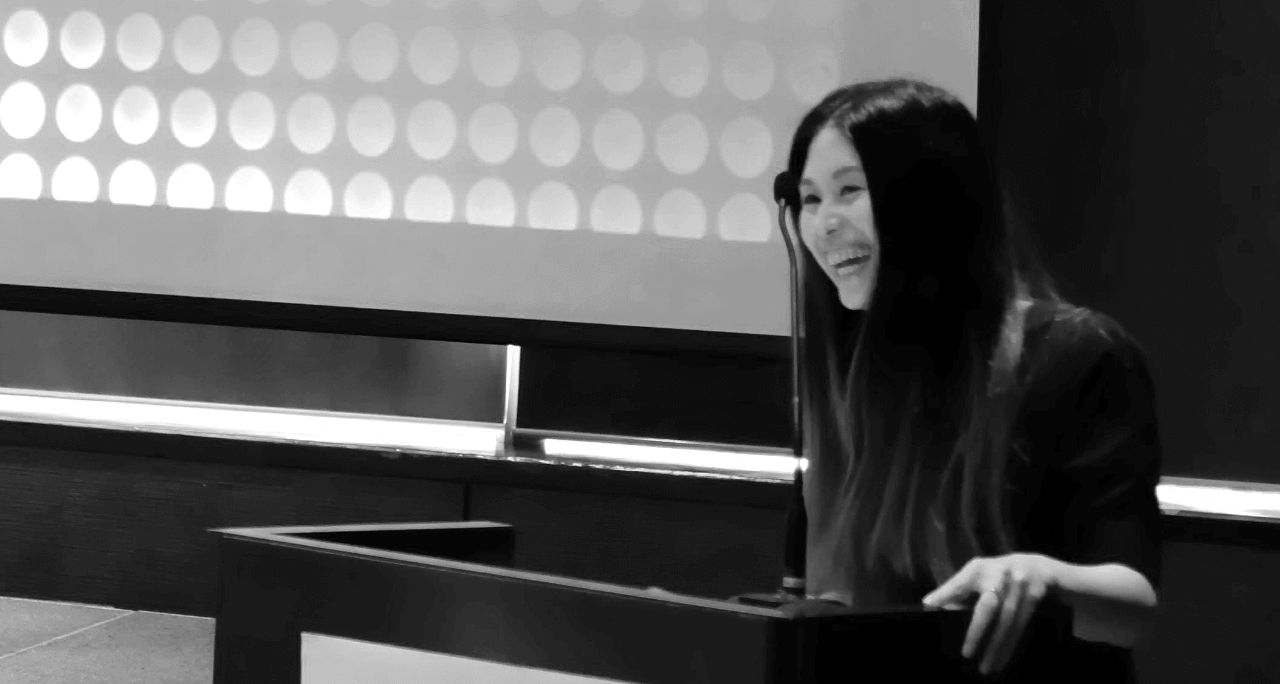USYD pharmacist: how I became a medical science liaison
Like many undergraduates, Natalie Tan initially wanted to open her own pharmacy. After graduating in 2007, she worked in community pharmacy at Healthline Pharmacy for four years.
Natalie then moved to London and entered the pharmaceutical industry. She worked as a medical information specialist, then in a clinical trials pharmacy for a cancer treatment centre. It was here that Natalie found her interest in oncology and decided to redirect her career focus.
Natalie worked at global healthcare companies such as GlaxoSmithKline and IQVIA in medical affairs and again in clinical trials. Simultaneously completing a Master of Clinical Drug Development supplementing her undergraduate degree.
In one year, Natalie grew her pharmacy expertise to include clinical trials management, pharmacoeconomics, healthcare marketing, ethics, toxicology and began to specialise in oncology and anticancer drug research.

Natalie Tan speaking at a conference
Two years ago, Natalie was offered the role of regional medical science liaison at Taiho Pharma – an oncology pharmaceutical company based in Singapore. The role appealed to Natalie as it was the perfect balance of field and office work.
Natalie enjoys that her days are constantly varied, and she is always doing something new. A typical week for her usually includes, training product specialists, meeting with oncologists and healthcare professionals, reviewing promotional materials, hosting scientific meetings, engaging with key opinion leaders, and reading and summarising new clinical data.
My job allows me to travel to various parts of the world, where I attend oncology conferences and network with profound healthcare professionals who are trying to improve outcomes for patients in this dismal setting.
Pharmacy is not the career that Natalie originally expected. She thought a pharmacy degree meant that she would only be able to work behind a counter in a retail pharmacy.
The Bachelor of Pharmacy has allowed her to acquire the skills and training she needed to pursue a diverse career in life sciences. Natalie says there are many options out there for pharmacy graduates, “pharmaceutical companies are always looking to hire those who have a science degree and in particular, a pharmacy degree”.
Unsure what a medical science liaison or a medical affairs associate is?
Pharmacy jobs explained
A medical science liaison (known as a MSL in the industry) are a vital part of the success of a pharmaceutical, biotechnology or health care company. They require advanced scientific training and concentrate on a specific therapeutic area, for example oncology or cardiology.
A medical affairs associate provides knowledge and strategies for new products and reports to regulatory bodies.
A clinical trials associate is a healthcare professional who performs clinical trials for medical research. They can work in pharmaceutical companies, research institutes and government agencies.
Community pharmacists dispense prescriptions, provide healthcare advice, educate customers on their health and provide advice to doctors and health professionals on drug selection and usage.
Medical information specialists are product specialists that provide accurate and scientifically informed data on drugs.
